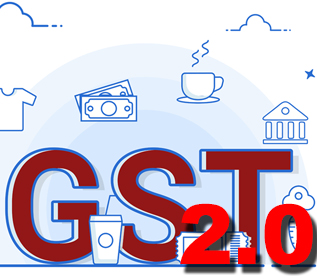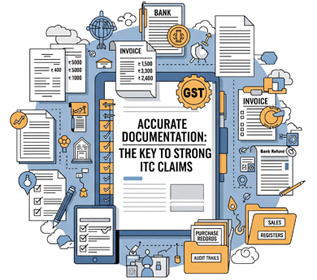In a world that never slows down, It’s easy to rush through tasks without truly noticing them—even those that genuinely spark our interest. Our capacity to focus on a single task seems to shrink with each passing day. In this environment, a meticulous person naturally stands out. The good news is that being meticulous doesn’t require advanced skills or special training. It simply means cultivating…









